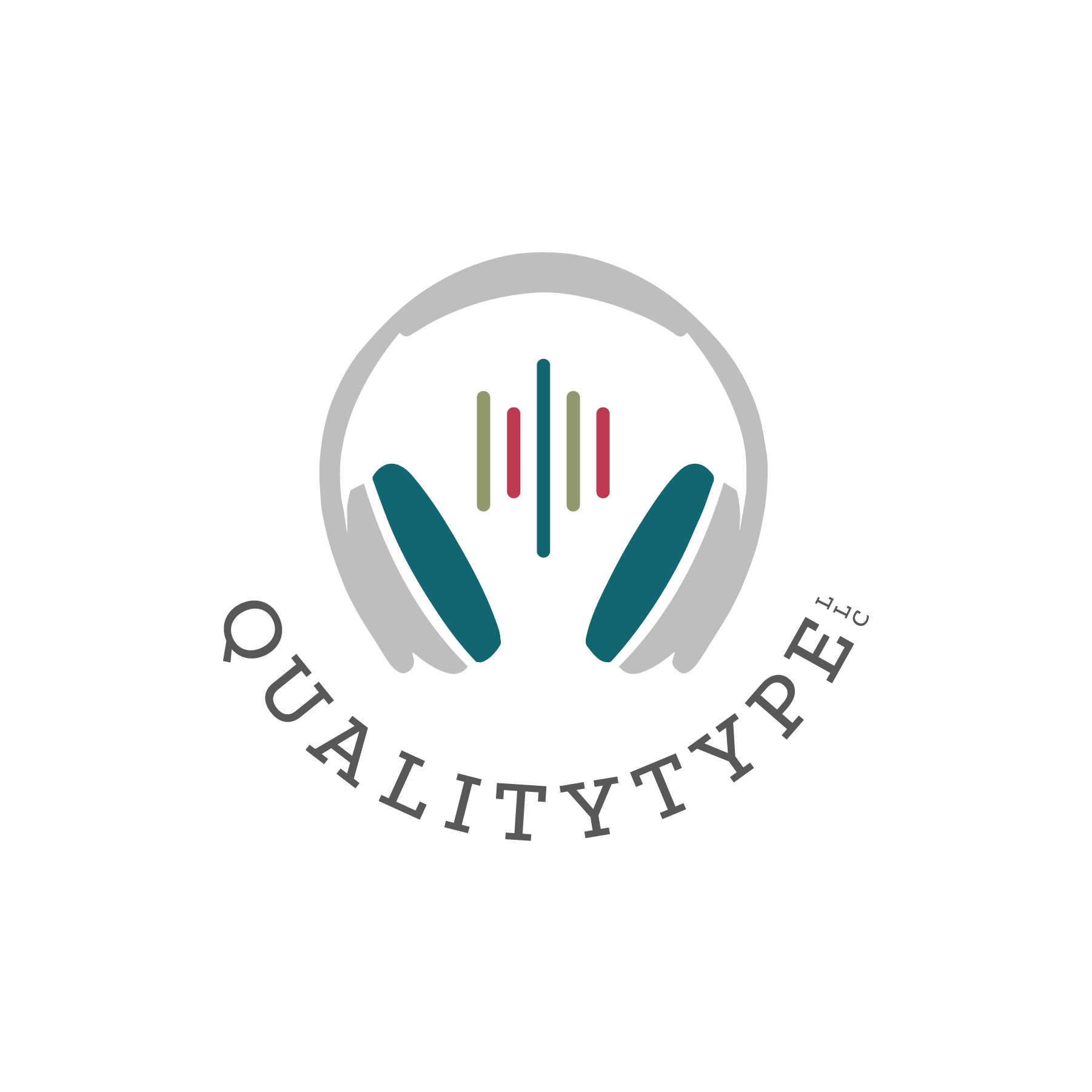Detail (noun) : extended treatment of or attention to particular items
If you ask a waiter to put ketchup on your burger instead of mustard, and that little detail is incorrect, that’s no big deal, just frustrating, right? But what if in a medical case, a transcriptionist entered Dr. Martin instead of Dr. Marten, and both are surgeons on staff at the hospital? Or with voice recognition software, a transcript reads that the patient needs to stay in “I see you,” will it confuse the admitting nurse if the doctor actually said “ICU?” This is an easy to understand example, but other, more complex words, describing drugs, body parts and diagnoses using Voice Recognition Software (VRS) can be dangerous, and require a lot of clean up if wholly depended on.
Details are important in any job, system, family or any organization that wants to function correctly. While VRS is a wonderful tool that doctors and lawyers, students and parents, and all sorts of business people can use to take notes and set reminders, it is not the most reliable tool to use for all medical transcription needs. An accent, sickness and enunciation all play a part in the deciphering of the human voice by VRS technology.
An Accent OR English as a second language
Pronunciation of the English language is complex. Depending on the software, it may sometimes be difficult for an English language VRS to interpret the rolling “R’s” or the dropped hard “Y’s” of a medical professional speaking, and if the individual is in a hurry, this could be a problem for the VRS to keep up. When trying it on my own phone, using an English accent, “VRS” was interpreted as “Vera’s,” or “VR ass.” Funny here, but not if it is part of a medical transcription.
A cough or a cold
When a physician or medical professional suffers from allergies, a cold, laryngitis or any other illness that affects the sinuses and throat, his or her voice changes. It can be lower, squeakier or more nasal sounding, changing the interpretation on the VRS. While VRS attempts to capture each word, if it is not enunciated properly, “she appears acute” can be transcribed into “she appears cute.” This distortion can be hazardous in the transcription of a medical record, especially if we are addressing an acute situation.
Context of the speaker and Enunciation
When do medical professionals usually produce medical transcription? After an appointment, a surgery, or all of it at the end of a long day. This means they will be tired, to some degree, much of the time. As we go throughout the day, consistent interruptions, physical movement and even concentration can wear us out. Doctors and other professionals can unknowingly slur or rush through pronunciation and enunciation, thus creating an incorrect transcription on VRS. A record that states “heart replacement” instead of “hip replacement” could be critical, as could “grandma seizure” confused with “grand mal seizure.”
The Dependable Dictaphone
Maybe you have never encountered any of these transcription errors, possibly because you use a dependable Dictaphone. This machine is tried and true, and is transcribed by a human, that understands the English language through sickness, with an accent, and those not so well-enunciated words. The difference between speaking into VRS and a Dictaphone is that with VRS, the software translates the voice into words, whereas with a Dictaphone, a person listens to the voice and transfers that into words on a screen.
Computer technology in the medical field has come such a long way since doctors had to write their own notes or speak them to an assistant who would write or type the information in shorthand. The key is to use VRS in a proper context. Setting reminders, sending texts, and writing personal notes on our phones are all valuable uses of VRS in our daily and professional lives, and can cause us to chuckle occasionally by the misinterpretations. To depend on Voice Recognition Software for medical records is a risky move, with hefty legal consequences if depended on for complete accuracy.

